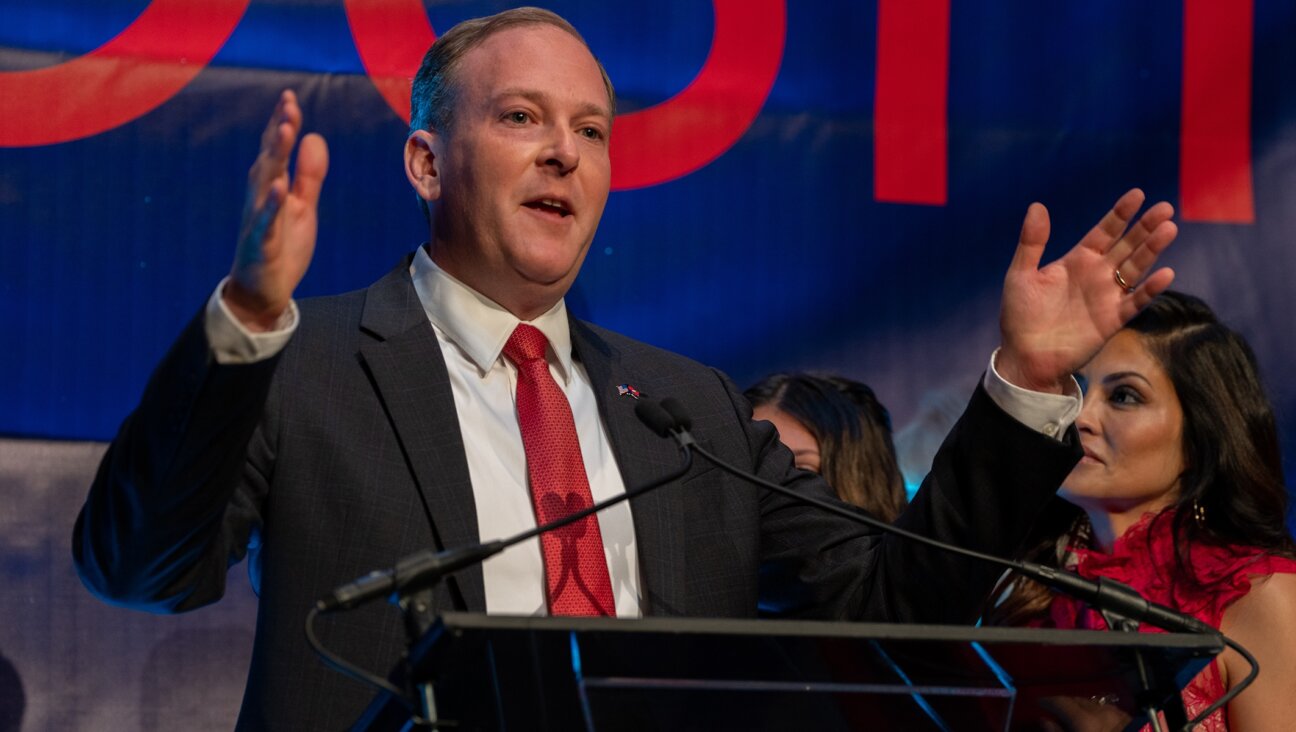God Save This Honorable Court
When the Supreme Court term opens October 3 with the familiar “God Save the United States and this Honorable Court,” the newest justice might in silence add, “from politicians, interest groups and media, all doing their best to ruin it.”
The newest lawyer-turned-justice will be the survivor of a three-month political campaign costing interest groups hundreds of millions of dollars, most of the politicians their dignity and the electronic media its credibility. It goes without saying that the new justice will never be the same, but what should concern us is whether the Supreme Court will ever again be the moderating, counter-majoritarian institution that for two centuries has saved us from the inevitable explosion of pure democracies.
Except during the Civil War, the court’s long-term perspective has leavened democracy’s short-term popular will and helped to make the United States the world’s freest and most powerful nation. The Supreme Court’s sometimes counter-majoritarian role in a democratic society exists because the public perceives the court, unlike the legislature or executive, as a non-political tribunal responsible for a sense of continuity with fundamental law. That faith in a non-political tribunal is due in significant part to a process of nomination and confirmation, rather than popular election, for choosing the members of the court. The coming political circus over Justice Sandra Day O’Connor’s replacement puts that faith at greater risk than at any time in our history.
Selection of justices was not an issue in elective politics until 1968, when Richard Nixon invoked the coded expression “strict constructionist” to promise the South he would nominate justices who would vote to restrict the school integration decision of Brown v. Board of Education. Nomination of “right thinking” justices became a plank in the 1980 Republican Party platform, but graduated to high political theater only when an electronic media, discovering the forerunner to reality TV, piped the Democrats’ claim that Judge Robert Bork was “out of the mainstream” into every American home.
The current interest-group, media-driven froth over which lawyer will be the next justice, could be the tipping point in the public’s perception of the Supreme Court as a nonpolitical institution. Although there has yet to be a single nominee, interest groups have made television spots attempting to divide the country, and feckless television talk-show hosts have tried to commit senators to opposing or supporting potential nominees — even though the senators have had no opportunity to review records, ask questions or consult with colleagues.
The risk is that this inane circus will cause the public to lose its faith in the Supreme Court as a non-political tribunal, and that as a result the court will lose its moderating, counter-majoritarian role. Those who would welcome the result would do well to remember the French Revolution’s lesson to an infant United States: the tyranny of the mob is as dangerous for individual freedom as the tyranny of the king.
Those who believe the court’s traditional role is important, and that a proper nomination-confirmation process will help maintain it, have a problem. Frantic, narrow interest groups are out of control; television knows that nothing short of sex sells advertising time as well as confrontation; and elective politicians will do almost anything to gain television-face time to appeal to their “bases.”
The political posturing and finger pointing has already started. The Republicans’ designated “nominee escort,” former senator Fred Thompson, has suggested that any confirmation questioning about the nominee’s understanding of the Constitution and its interpretation that might provide understanding of how the nominee would operate on the Supreme Court is an ugly, out-of-bounds political distraction. On the other side, Senator Charles Schumer, an outspoken Democrat on the Senate Judiciary Committee, is ready to treat confirmation as a political campaign, promising to ask for the nominee’s views about current political issues such as abortion and the environment.
Both are wrong, both know it, but both value political posture more than a process designed to find a good justice for the Supreme Court.
The good of the country doesn’t come from putting another conservative or another liberal — or, God forbid, a person who is a little of both — on the court. The country needs a judge.
The good news is that if the president and the senators will look for nothing but a good judge they can short-circuit the political mud fight that could damage the Supreme Court. A truly useful process will be relatively boring, but it will have the fortunate side effect of leaving the narrow interest groups and the sensation-seeking media on the sidelines — where, in a judicial selection process, they belong. Here are some rules that will make statespersons of our politicians, will avoid a politically charged media circus, and are likely to result in a good appointment:
• Care more about the long-term health of the Supreme Court and the country than about the demands of your political base.
• Tell television to buzz off except for broadcasting the nomination announcement and the confirmation hearing. We don’t need to know the outcome before it is an outcome.
• Reassure the interest groups that their speech is at the heart of the political process — but don’t listen to them. This is about statespersonship, not politics.
• Look first and foremost for judicial character: someone who will consider questions afresh, ignoring past personal political preferences.
• Demand answers about and respect ideology; search out and reject agenda. A nominee with no views about the role of the Supreme Court, how the Constitution should be interpreted, and what various parts of the Constitution mean is not prepared to do the court’s work. A nominee who comes to the Supreme Court with a plan for what is right, who knows what past court “errors” should be corrected, or who believes there is only one right approach to constitutional interpretation is an ideologue who has an agenda, but not judicial character.
• Do not nominate or confirm any person who: believes the text of the Constitution contains all the answers to constitutional questions; believes constitutional questions can be answered without looking first at and considering the words of the document; believes a judge can discover with certainty and should be bound by the original intent of the framers; or believes an inquiry about the intent or the values of the framers is useless.
• Do not accept a nominee’s refusals to answer questions about ideology and judicial philosophy, but applaud refusals to answer questions about decided or hypothetical cases.
• Do not nominate or confirm a person with an agenda, even if it matches yours, but nominate or confirm a talented nominee of judicial temperament, even if the nominee’s ideology is different from yours.
• Do not confuse lack of personal perfection, except for serious criminal activity, with lack of judicial character. Too many good people have tried pot or failed to pay a nanny’s social security tax for anyone to throw stones.
If the politicians will follow these simple rules, the process will be a lot less exciting, but much more meaningful for the future of the Supreme Court and the country. What are the odds that the president and senators will turn a deaf ear to those who want advocates rather than judges, that they will take the high road to a meaningful, if not politically advantageous, process?
The odds might not be all that bad if those of us who care more about the Supreme Court than any one of its future decisions — a majority of Americans, I suspect — make ourselves heard. We must let the politicians know that if they conduct a proper process, they will find favor; if not, they will find defeat in the next election.
Maybe someone will start www.findagoodjudge.org, and sign us all up to vote against those who play politics with the Supreme Court.
Steven H. Goldberg is a professor at Pace University School of Law.
A message from our CEO & publisher Rachel Fishman Feddersen

I hope you appreciated this article. Before you go, I’d like to ask you to please support the Forward’s award-winning, nonprofit journalism during this critical time.
We’ve set a goal to raise $260,000 by December 31. That’s an ambitious goal, but one that will give us the resources we need to invest in the high quality news, opinion, analysis and cultural coverage that isn’t available anywhere else.
If you feel inspired to make an impact, now is the time to give something back. Join us as a member at your most generous level.
— Rachel Fishman Feddersen, Publisher and CEO






















